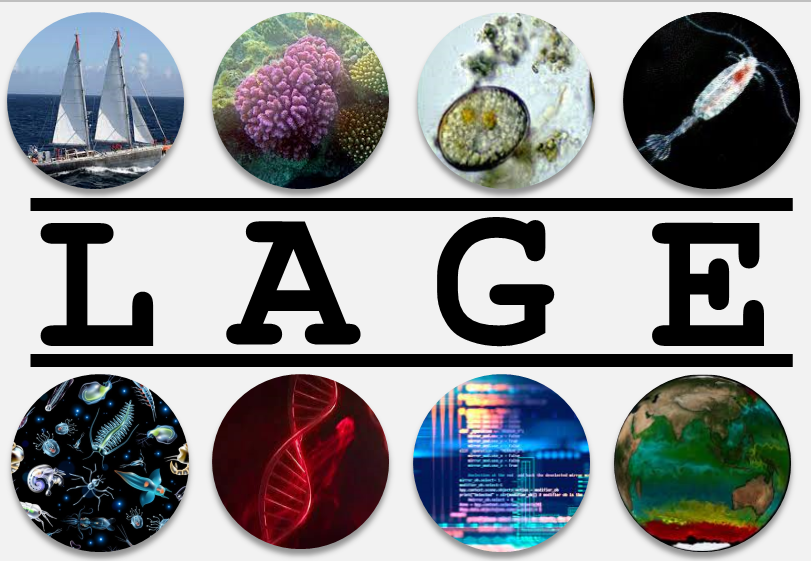Thesis project: Exploring the reservoir of proteins of unknown function from the Ocean
The microbial component (viruses, bacteria, archaea and single cell eukaryotes) of the oceans represents ~60% of the world ocean biomass and >80% of the water column biomass. These organisms deploy many interactions and survival strategies that are different from those of macroscopic organisms. The microbial planktonic fraction is the base of the food chain on which all oceanic life essentially depends. It is also essential for the link between climate and marine ecosystems, in particular via the carbon pump, which is probably the most important biological mechanism on the planet, by which carbon fixed by organic matter is sequestered far from the carbon cycle, on geological time scales.
Over the past five years, the accumulation of environmental genomics data (metagenomics and metatranscriptomics) has increased the known gene space, including genes encoding new proteins, or those with unknown function. With the recent ability to reconstruct genomes or transcriptomes from collections of environmental genomics data, it is possible to give these genes of yet unknown function biologically significant contexts, and thus to consider new avenues for elucidation of their roles.
This thesis proposes to explore this space of unknown genomic sequences in order to develop approaches to broaden our knowledge of the ocean microbiome:
- develop methods to improve the identification and analysis of genes of unknown function from genomes and metagenomes, based on networks of sequence similarity
- use high quality genomes and transcriptomes reconstructed from metagenomes and metatranscriptomes to provide a context for genes of unknown function
- integrate gene expression profiles, the distribution of organisms at different sampling stations and associated environmental parameters to explore the potential functions of these genes.
Thesis supervisor: Eric Pelletier and Tom Delmont
Formation
| 2023-now: | PhD student (Genoscope, Laboratory of Genomic Analysis of Eukaryotes LAGE) Project : Exploring the reservoir of proteins of unknown function from the Ocean Paris Saclay University, France |
| 2020-2022: | Master Sciences de la Mer - Biological Oceanography and Marine Ecology (OBEM) Aix Marseille University, Faculty of Sciences of Luminy, France |
| 2017-2020: | Bachelor's degree in marine sciences, Specialization in biology and ecology Aix Marseille University, Faculty of Sciences of Luminy, France |


